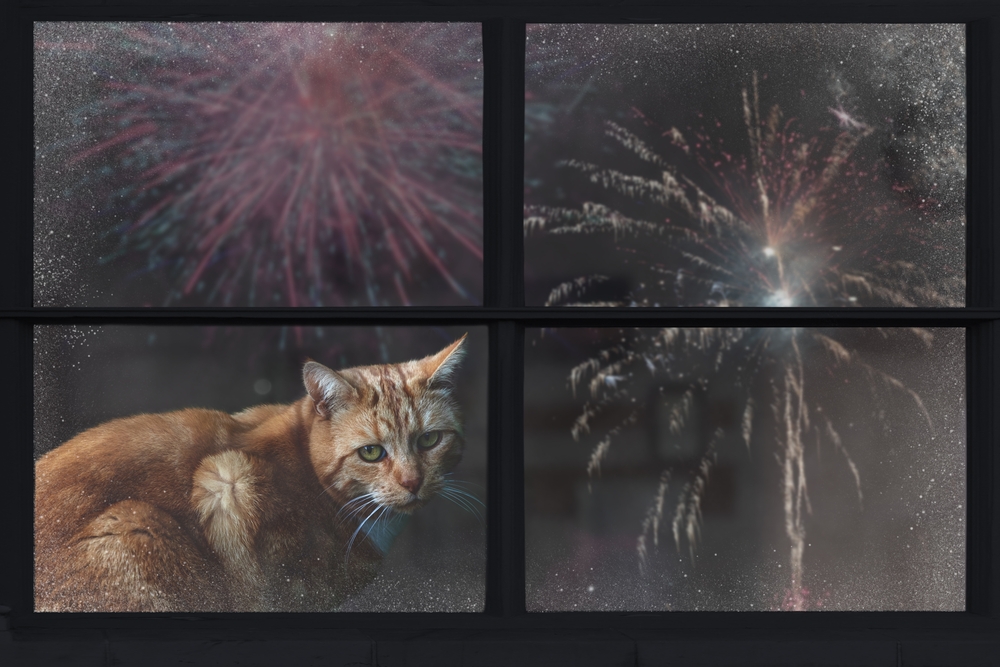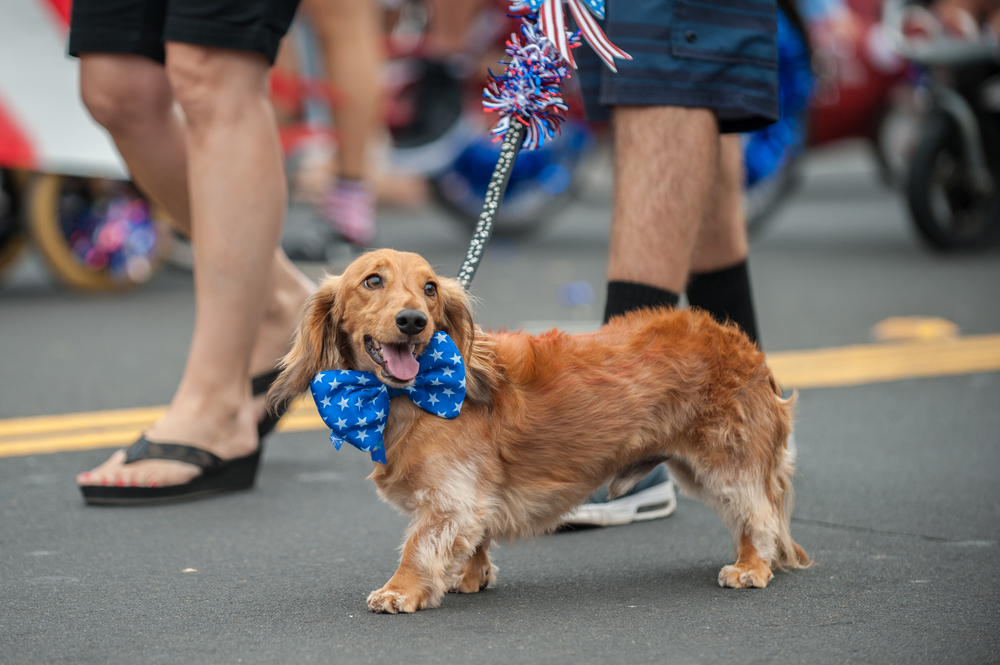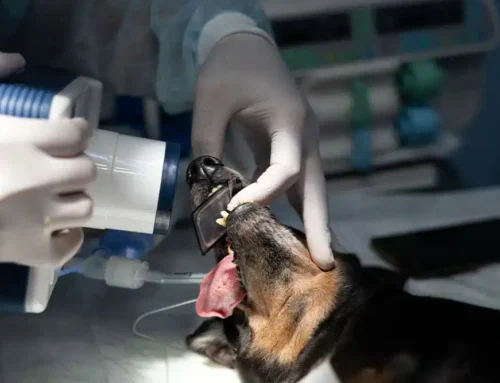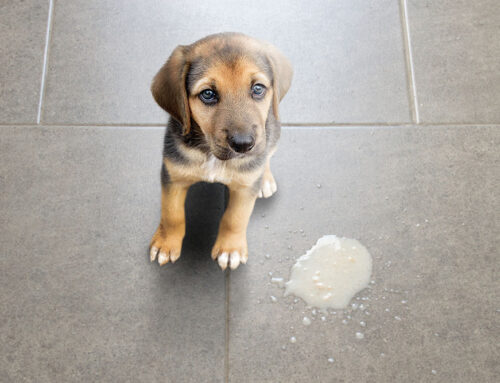July Fourth is a time for celebration, but the patriotic occasion poses many hazards for your pet that can be stressful and potentially dangerous. Our Peak Pet Urgent Care team doesn’t want your festivities interrupted by a veterinary emergency, so we’re providing some information about Independence Day pet hazards and tips to keep your four-legged friend out of harm’s way.
Independence Day pet hazard 1: Heat
Nevada is pretty sweltering in July, with average temperatures reaching triple digits. Pets are especially susceptible to overheating because they don’t have an efficient way to cool themselves. This puts them at high risk for heatstroke and dehydration. While all pets are susceptible to heat-related problems, those at the highest risk include brachycephalic pets (e.g., bulldogs, pugs, boxers, Pekingese), puppies and kittens, senior pets, overweight pets, and those affected by a pre-existing health condition. Tips to protect your four-legged friend from heat-related issues include:
- Knowing the signs — Signs that indicate your pet is heat-stressed include excessive panting, drooling, and lethargy. As their condition worsens, signs may include vomiting, diarrhea, red or pale gums, collapse, and seizures.
- Leaving your pet at home — Pets, especially those at high risk, are often more comfortable when they can remain in their air-conditioned home.
- Providing water — Ensure your pet always has access to fresh, clean water. Provide numerous water stations throughout your home, and clean and refill bowls daily. In addition, pack water and a portable bowl when on outings and frequently offer your pet a drink.
- Seeking the shade — If your pet accompanies you to the July Fourth celebration, ensure they take frequent breaks in the shade or air conditioning to prevent overheating.
- Using cooling products — Use cooling products, such as mats and vests, to help your pet stay comfortable during the patriotic celebration.
- Never leaving your pet in the car — Being left in a parked car is the most common cause of heatstroke in pets. Never leave your pet in the car. Even when vehicles are parked in the shade with the windows cracked, temperatures inside can reach dangerous levels in minutes.
If your pet shows signs they are heat stressed, move them to a cool, well-ventilated area and offer them water. If possible, take your pet’s temperature so you can monitor their progress. Temperatures over 103 are considered hyperthermic, while temperatures over 105 mean your pet is suffering from heatstroke. Begin cooling your pet by pouring tepid water over their body and seek emergency veterinary care as soon as possible.
Independence Day hazard 2: Dangerous foods
July Fourth barbecues and picnics often involve foods that are dangerous for pets. High-fat dishes can cause gastrointestinal (GI) upset or lead to pancreatitis, a potentially life-threatening condition. Foods like chicken wings and ribs contain bones that can cause a GI obstruction, and some foods, such as chocolate, alcohol, onions, garlic, and xylitol, are toxic to pets. Tips to protect your furry pal from dangerous July Fourth foods include:
- Feeding your pet — Feed your pet their regular food before the celebration so they aren’t too hungry.
- Notifying your guests — Ask your guests not to give your pet table scraps.
- Containing garbage — Keep garbage in sealed containers to help prevent scavenging.
- Keeping your pet out of the kitchen — Use your pet’s crate or baby gates to keep them out of the kitchen while you prepare the feast.
Independence Day hazard 3: Noise phobia

Many pets find fireworks noise frightening and stressful. Pets who have a noise phobia respond with panic-attack level emotions that can affect their mental and physical health. In addition to the emotional strain, affected pets can injure themselves when trying to escape the scary sounds. Tips to protect your pet from noise-related problems include:
- Creating a quiet zone — Confine your pet to an interior room in your home and play music or white noise to mask the noises from outside.
- Distracting your pet — Play with your pet using their favorite toy or use a food-puzzle toy to distract them during the fireworks show.
- Seeking veterinary help — Some pets require medications, such as sedatives or anti-anxiety medications, to cope with their noise phobia.
If your pet needs veterinary attention on July Fourth, contact our Peak Pet Urgent Care team so we can get both of you back to your patriotic celebration as soon as possible.







Leave A Comment